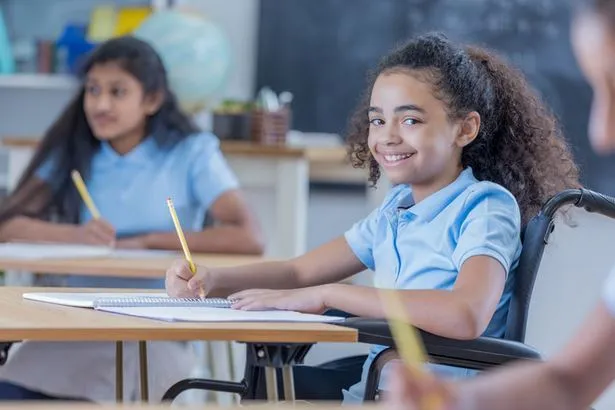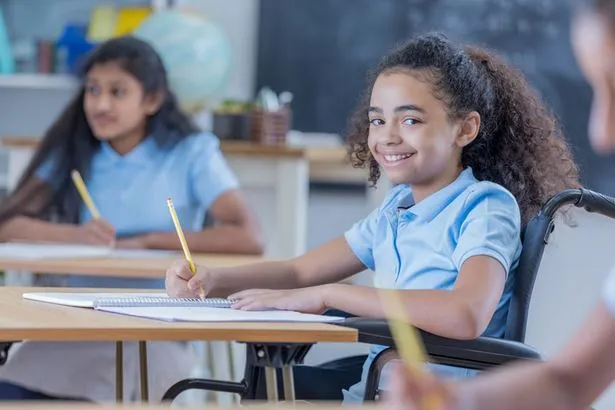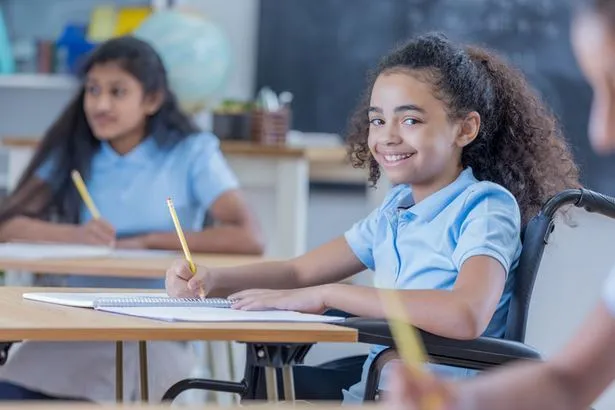Transcription Feedback
Whenever we refer to the care and education of our young people, we must be very capable.
In the learning age, they incorporate aspects of other personalities that are often akin to their needs for self-recognition. We as adults have the responsibility to help them find that definition of identity that allows them to be authentic and capable of making their own decisions.
Maintaining healthy, honest and respectful feedback with them is the best way to build a trusting relationship. How do we apply feedback? It is simply a system of giving and receiving experiences equally. When we communicate with our children, we do so from experience. Our aim is to stimulate reflection on their behaviors and not on their personality. Since we are exchanging messages from experience, we must avoid having an imposing and negative attitude towards them, as we may be assumed in an undesirable way.
Pay attention.
The main element through which it is essential to detect the needs of our children is to pay attention. Listening to their opinions systematically can provide us with information about their concerns and demands. It is a way to identify how they relate to their environment, family and friends. If we ignore paying attention to them, we run the risk of distancing ourselves from their normal problems and conflicts of their age.
Helping them to know the importance of taking care of their image and maintaining good habits is a sign of interest in a close relationship.
External conflicts.
All young people in their process of discovery experience feelings that are difficult to handle. We, as coaches and parents, have the responsibility to help them identify these conflicts and manage them appropriately. Mostly young people's conflicts are about social integration with their peers, being accepted and respected.
Many young people experience the feeling of wanting to fit into a circle of friends, for this they tend to take imitated attitudes, in order to please or feel accepted by them.
Generate change.
In several occasions we propose to generate changes of attitude in our young people to contribute to build their personality. Youth is the time to make mistakes due to lack of knowledge or misunderstanding and, in the face of these, it is natural that incorrect attitudes arise. How to correct mistakes in young people in an effective way?
If we want to generate a change in young people, we must make them understand from observations, avoid making judgments and use alternative ideas in reflective ways of thinking. Young people are people in formation, therefore, the most advisable is to keep in mind the concept of mutual respect, so as not to damage their self-esteem.
Avoid blame.
Conflicts are inevitable during the growth stage of young people, both for them and for us, it is important to avoid feelings of guilt in them. When we avoid approaching conflicts from guilt, we focus on the solution and not on the problem, putting resentment aside. All young people are rebellious and are reluctant to recognize their mistakes, so it is our mission to know how to reach them in the best possible way.
If we dedicate ourselves to blame young people for their mistakes, we will end up consolidating in them a weak and insecure personality. Since they are discovering themselves in the world, the responsibility of how we want them to be depends on our treatment.
Confidence.
Confidence is a personality characteristic of great importance for a young person in formation, this allows them to be able to develop with good results in
feedback




